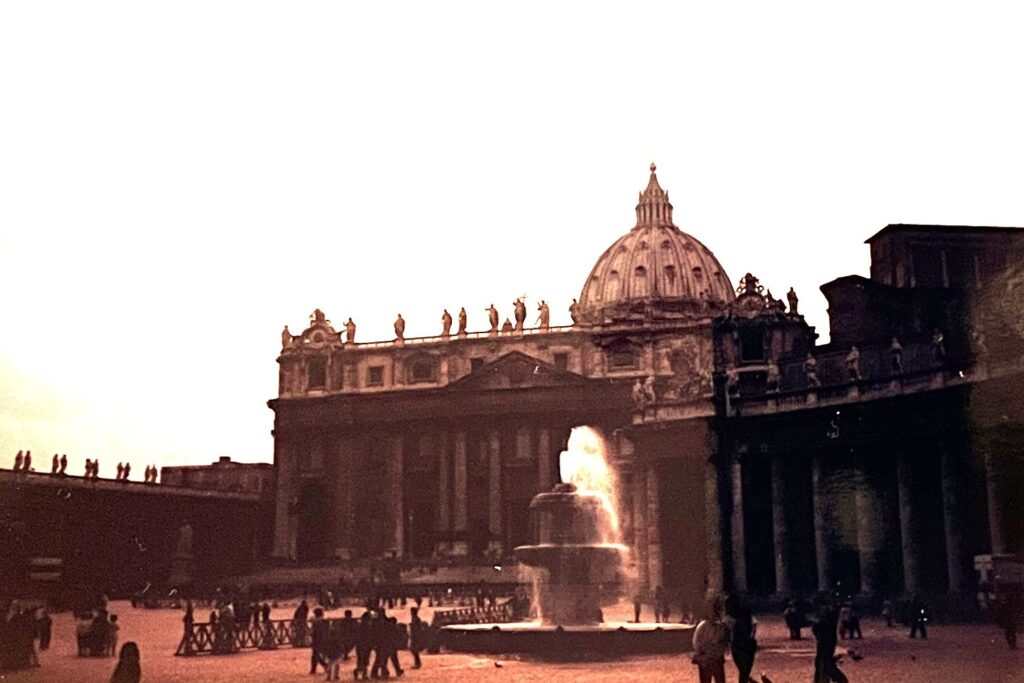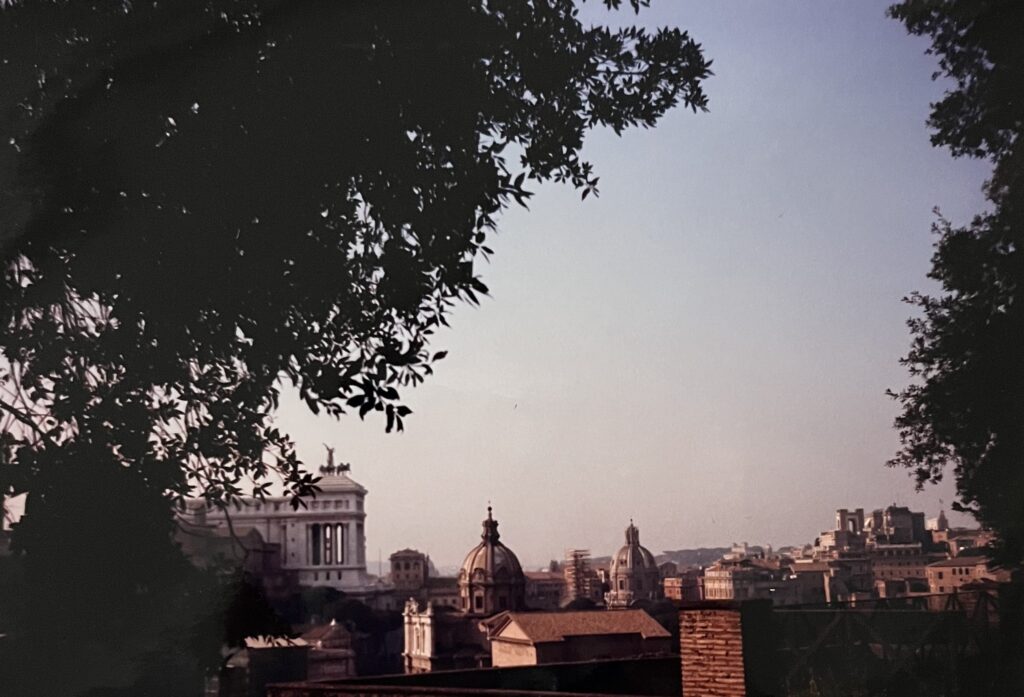
With the passing of Pope Francis last month, the world lost a rare spiritual leader, one who managed to remain uncorrupted by the power his prestigious earthly office afforded him. He embodied humility. He didn’t just preach about the need to care for the poor, the sick, and those on the margins. He lived that calling, daily. When he washed the feet of prisoners or shared a table with the street people of Rome, he wasn’t performing. By all accounts, his goal was authentic connection with real people, not publicity stunts or photo ops. Before becoming Pope, he’d been Jorge Mario Bergoglio, a pastor and good shepherd who led his flock with compassion. As Pope, pastoral care remained a priority. Like Jesus, he was concerned for lost sheep, for those who went astray. Like Jesus, he interacted frequently with ordinary people. Like Jesus, he lived a life of virtue; he didn’t merely signal it. He gave the glory to God.
I had feared, and rather expected, that a new Pope would mean a shift away from Francis’s emphasis on humility and concern for the downtrodden. I was afraid that Francis’s successor might be one who put more emphasis on the imperial majesty of the Papacy and strict adherence to the finer points of Church doctrine rather than on living out the message of Jesus.
And so I was surprised and relieved when Robert Francis Prevost from Chicago was announced as the 267th Pope. An American who spent much of his life in Peru, he began his first message to the world with the words “Peace be with you.” He connected that greeting, the first words of the resurrected Jesus to his assembled disciples, with Pope Francis’s final Easter blessing. He spoke in Italian, Spanish and Latin, but not in English. He spoke of the need to build bridges through “dialogue and encounter.” He spoke of a universal Church that opens her loving arms wide to all, as welcoming as the long, curved colonnade of St. Peter’s Basilica. He quoted St. Augustine in saying, “With you, I’m a Christian, but for you, I’m a Bishop.” He spoke of a Church that works together in service for justice and the common good. And he said, with firm resolution: “God loves you all, and evil will not prevail.”
Cardinal Robert Prevost, or Bob to his friends, chose the Papal name of Leo XIV. The last Leo, who held the office from 1878 – 1903, was a champion of the working poor and an advocate for social justice. The new Pope’s name choice signals his like-mindedness. His initial message yesterday as Pope, as well as the impressions of those acquainted with him, suggest that he will not veer substantially from the path set forth by Pope Francis.
I’m a lifelong United Methodist, not a Catholic, but the Pope is considered by many to be a prominent representative of Christ here on earth, so his words and actions matter to me. I happened to see Pope John Paul II heading towards St. Peter’s on Good Friday, 1985. I was in Rome with my boyfriend at the time, an avowed agnostic, disdainful of organized religion, yet possessed of a strong moral compass. When all those around us burst into cheers at the sight of the Pope waving benevolently to us from behind the glass shield of the Popemobile, Jonathan joined me and the crowd in exuberant applause. The Pope is a significant figure in the world, even to those who may think they see him as irrelevant.
I hope the leadership of this new Pope will serve as a reminder to all Christians, but especially to Americans, Roman Catholic and Protestant alike, that Jesus beckons us to a faith surpassing all boundaries made by human hands. The resurrected Christ called his followers to make disciples not just of their fellow Israelites, but “of all nations” (Matthew 28: 19). The concept of “Christian nationalism” goes against the very principles of love and inclusion preached and modeled by Jesus.
Habemus Papam. We have a Pope.
May Pope Leo XIV be an ethical inspiration for people the world over, no matter their faith, or lack of it, to work together, with patience and kindness, toward peace.


Love what you wrote! I watched Conclave hours before the new pope was chosen. Happy with the real choice too!
Thanks, Libby. I’d been telling myself not to be interested in the decision, thinking it would end in disappointment. But hearing Pope Leo’s first message gave me hope.